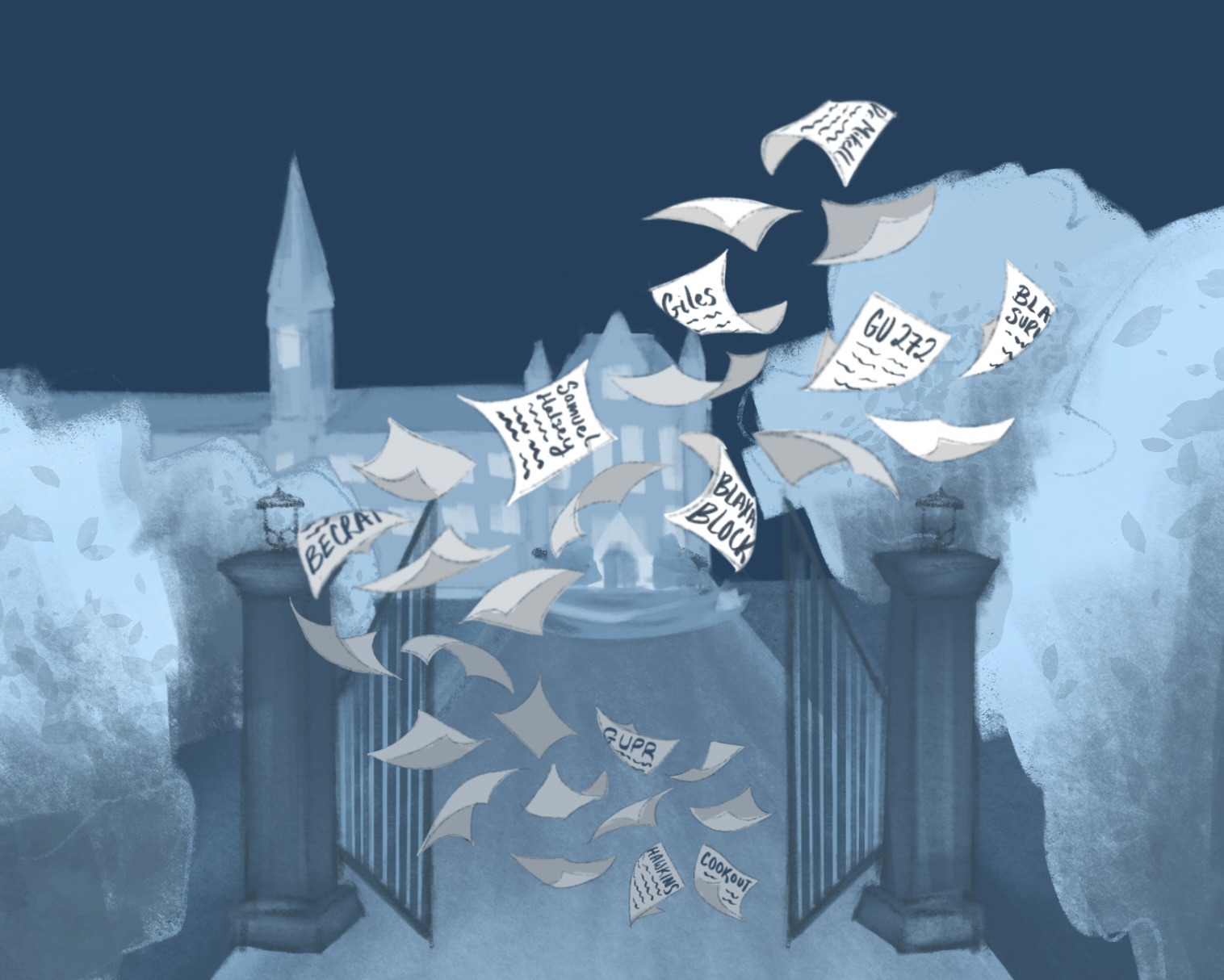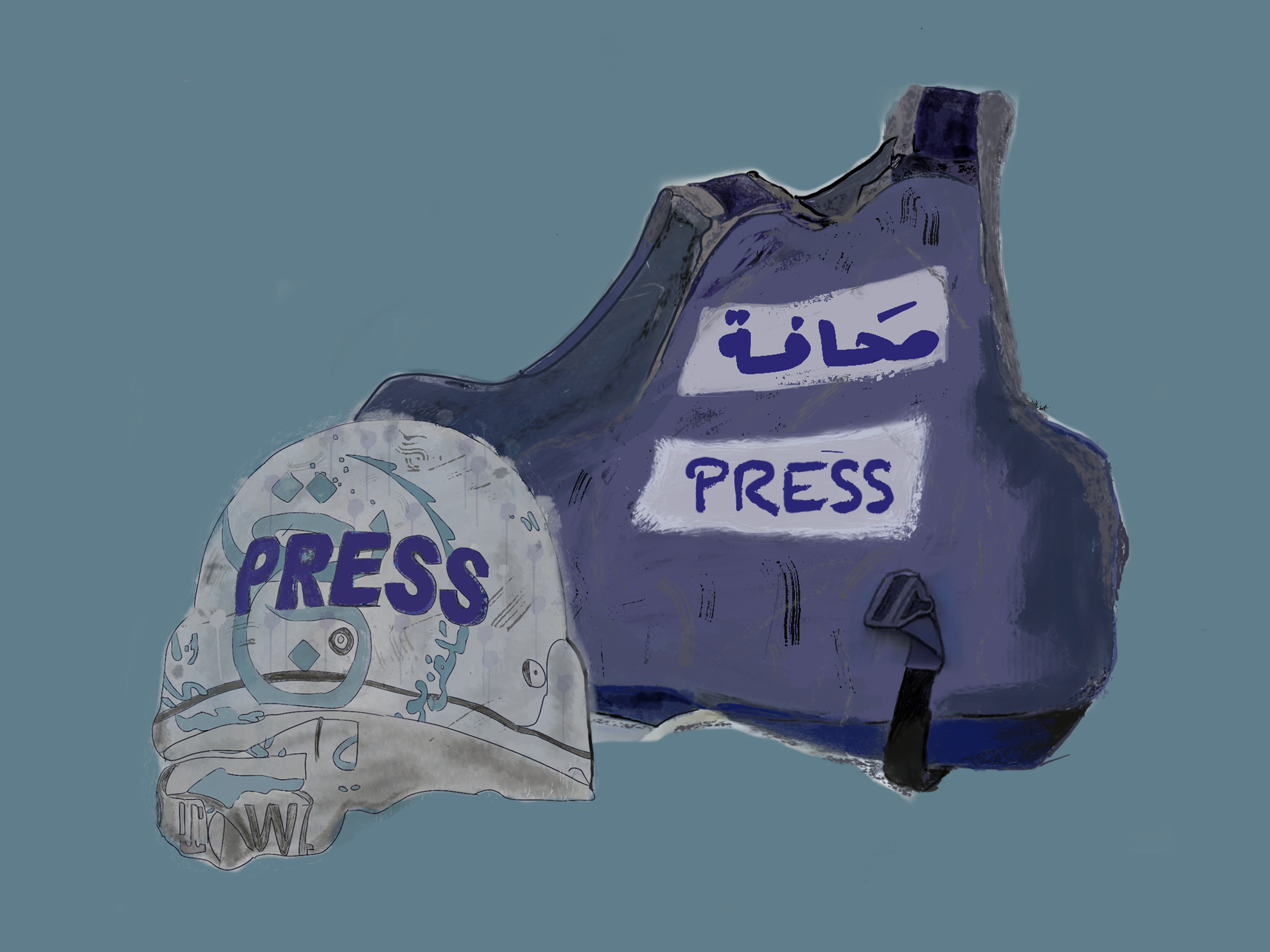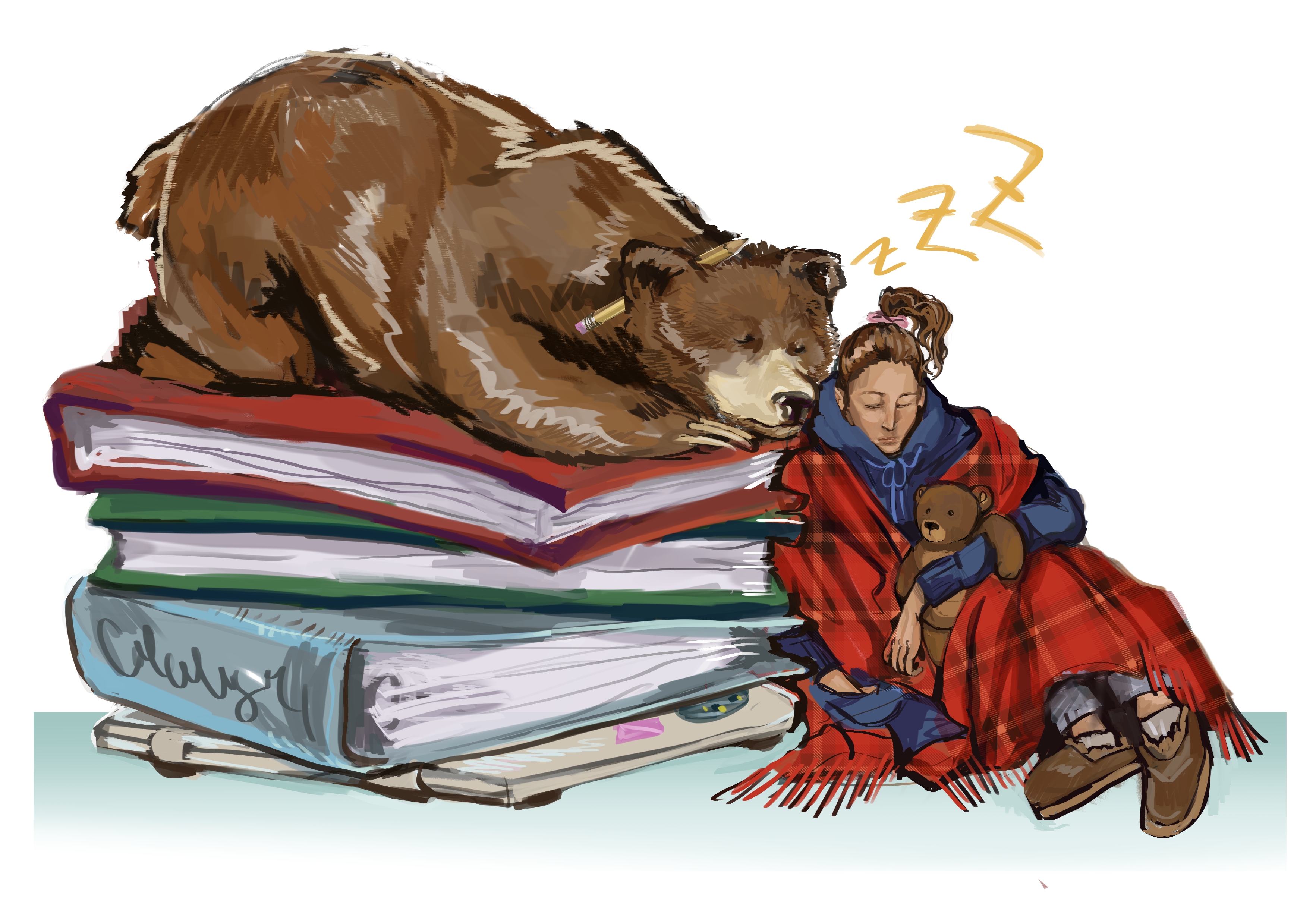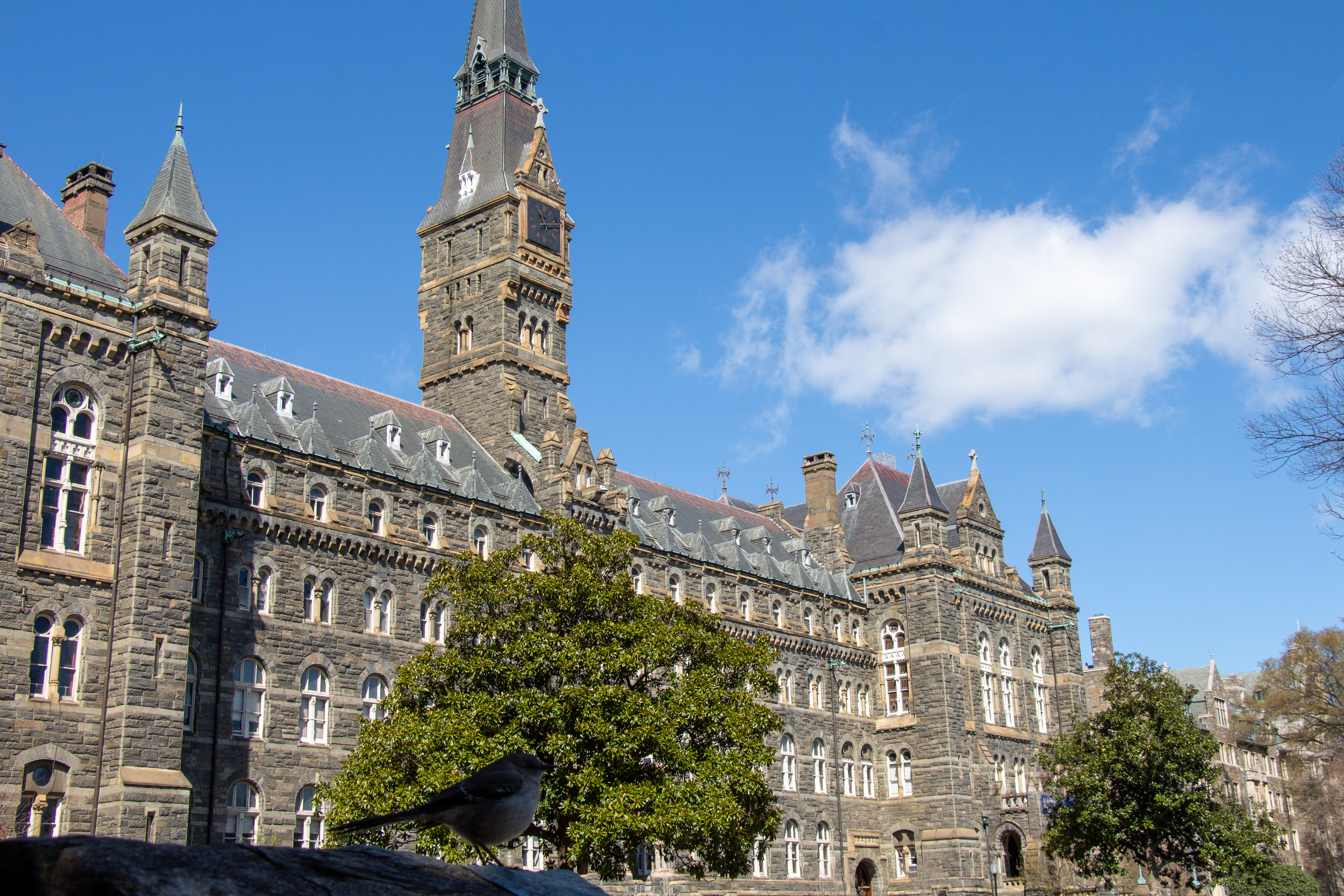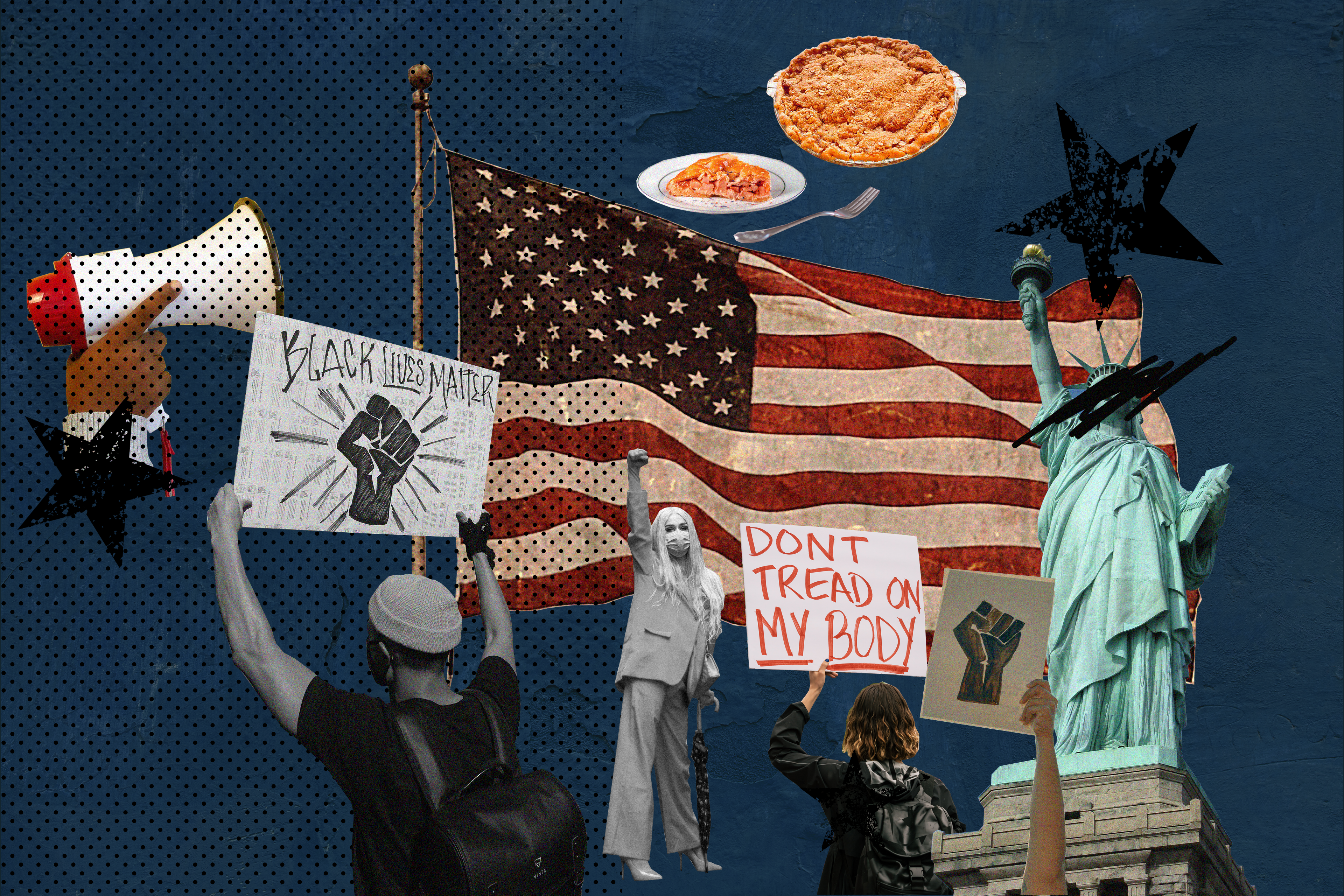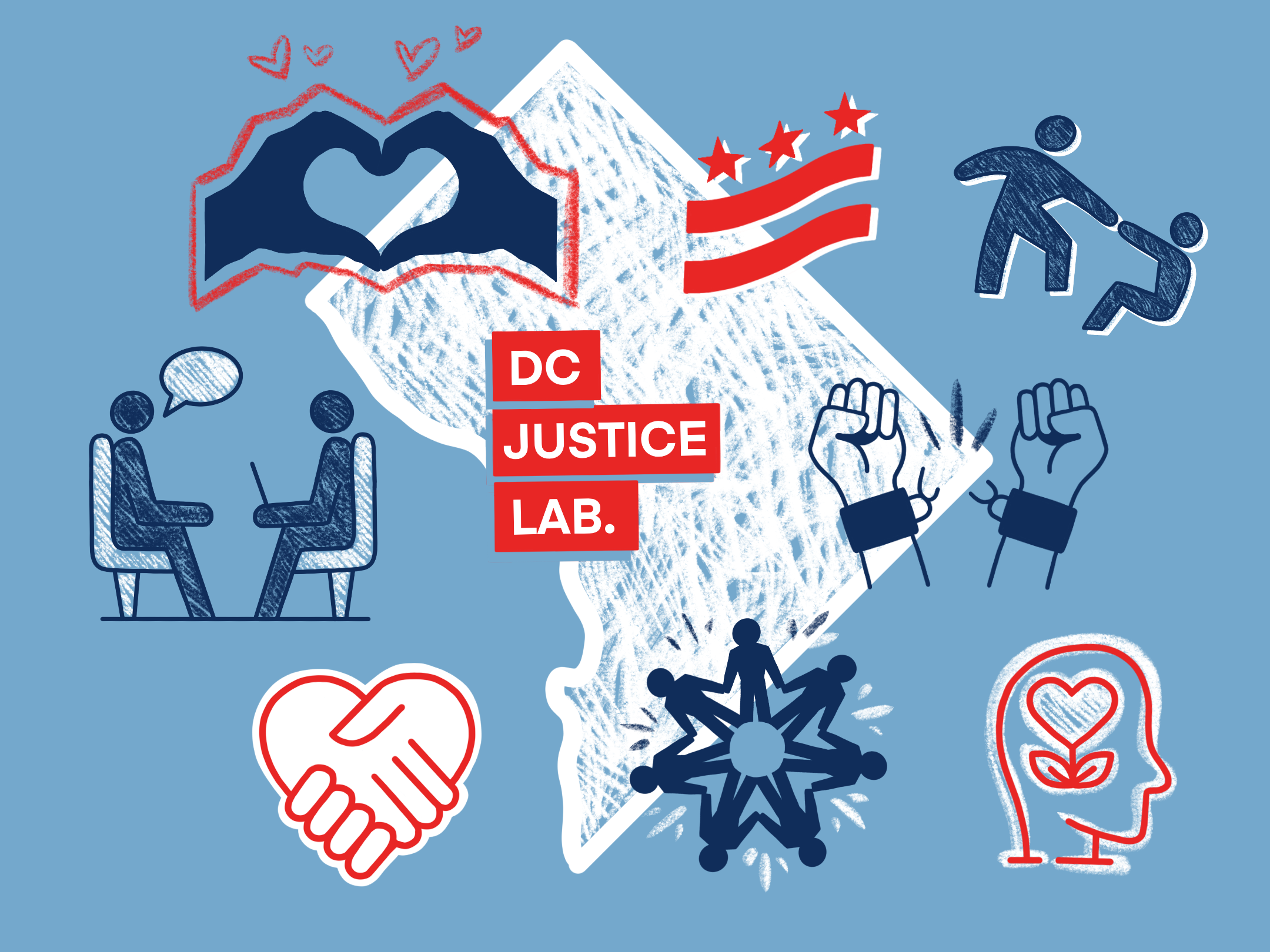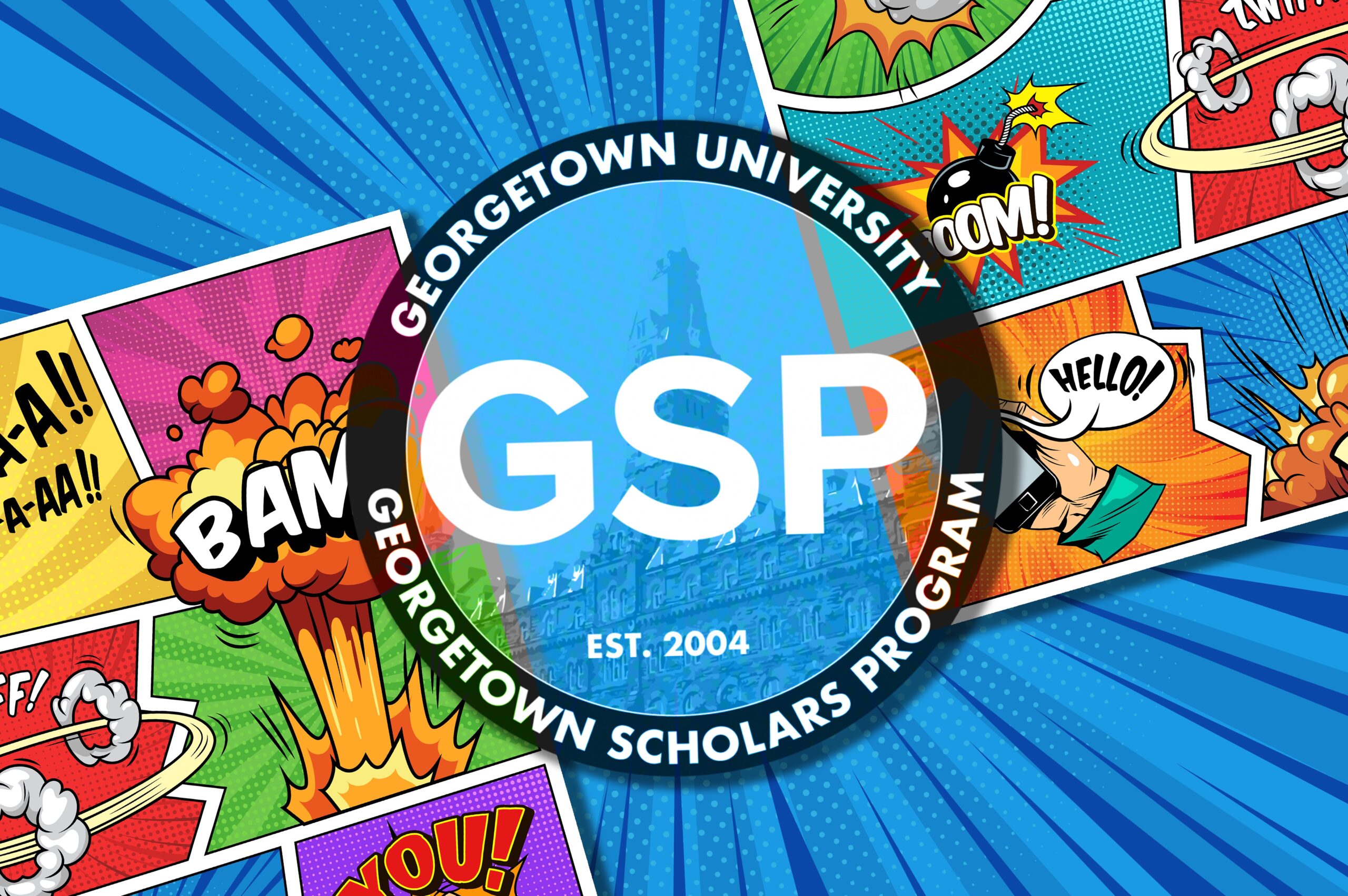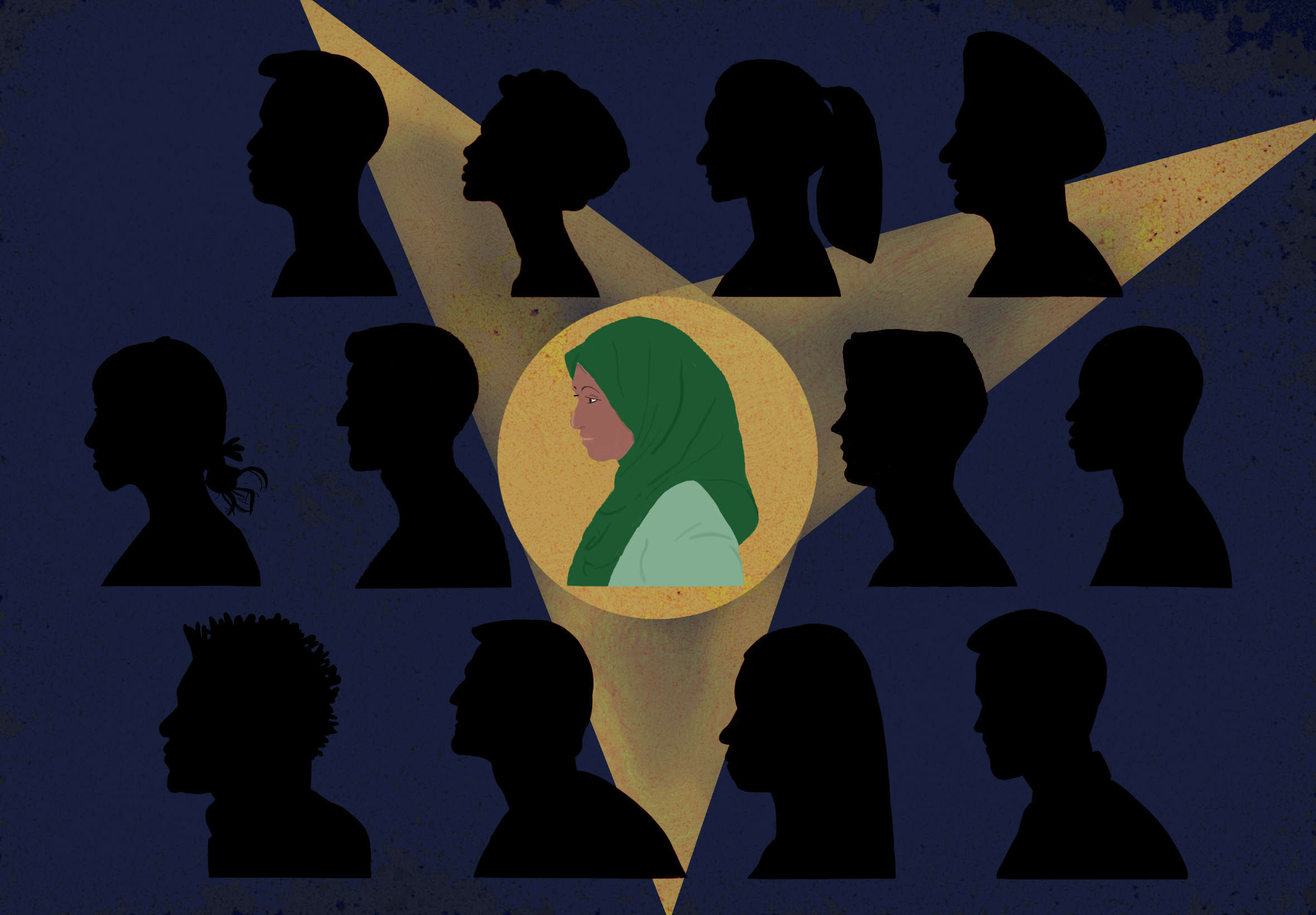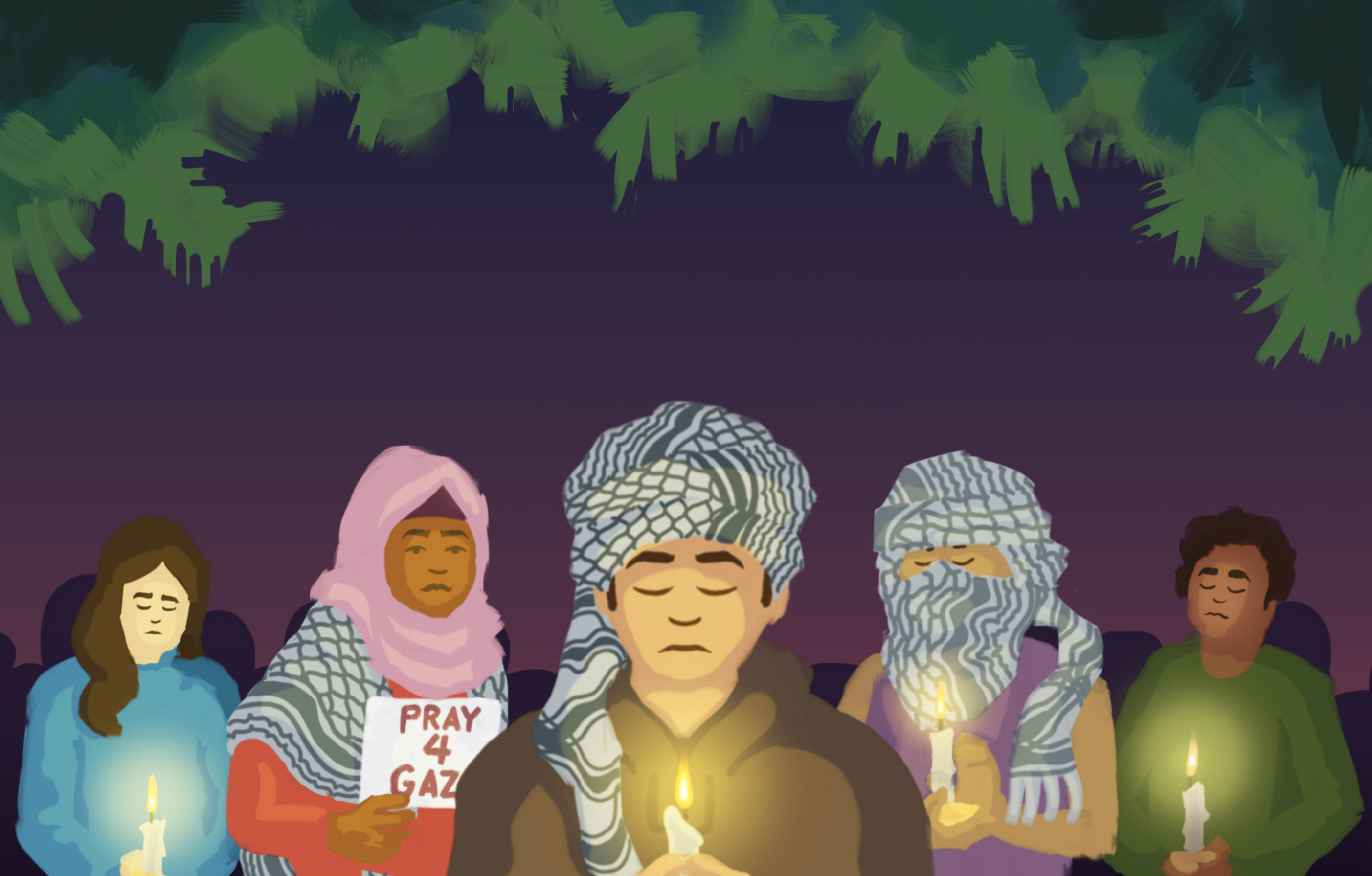Voices
For the next year, my grandmother lived with my family to help raise my sister and me. Her gentle touch and her kind eyes grew familiar, so much so that I would often mistake her for my Mamu. It only made sense that my first word was addressed to her: “Aama,” which in Nepali, means “mother” and not “grandmother.” She wore the title proudly, like a pageant sash. I’d like to think this was the beginning, that the first word that spilled out of my mouth was in my mother tongue—a phrase dedicated to the woman who meant the most to me, yet I called her the wrong name. This is a story about words: the ones that were shared, others that were lost in translation, and some that never needed to be spoken aloud.
By
Alison Karki
November 18, 2023


